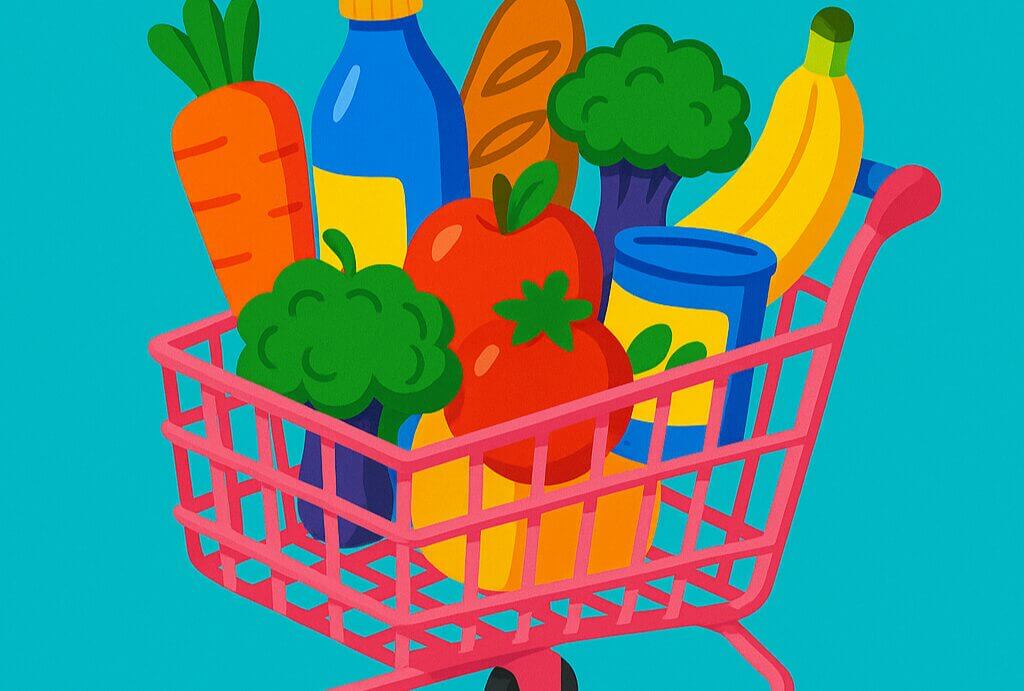Summarised by Centrist
Despite new regulatory tools, Kiwi shoppers continue to pay among the highest grocery prices in the OECD, says the Grocery Action Group, following the Commerce Commission’s latest Annual Grocery Report.
Chair Sue Chetwin told Herald NOW, “There’s still very unhealthy competition or none … we’re still paying very high prices.”
The report found New Zealanders paid 3% more for groceries in 2023 than the OECD average, though this is an improvement from 9% in 2022 and 14% in 2021.
Products like milk, cheese, eggs, fruits, vegetables, and potatoes remain significantly costlier in New Zealand despite being domestically produced.
Commerce Commissioner Pierre van Heerden acknowledged that “change in an industry this large and entrenched will take time.”
The report pointed out barriers for new competitors and the supermarket duopoly’s dominance, especially outside major cities where local stores often operate as monopolies.
In Auckland, the market share of major supermarkets stands at 71%, compared to 88% in smaller towns.
Foodstuffs North Island CEO Chris Quin argued that competition is stronger in densely populated areas and that the co-op is investing in stores and jobs in smaller and remote communities.
Foodstuffs South Island chief Mary Devine highlighted the unique challenges of serving low-density communities and the responsibility to support them, noting the co-op operates many stores in towns with fewer than 10,000 residents.



















